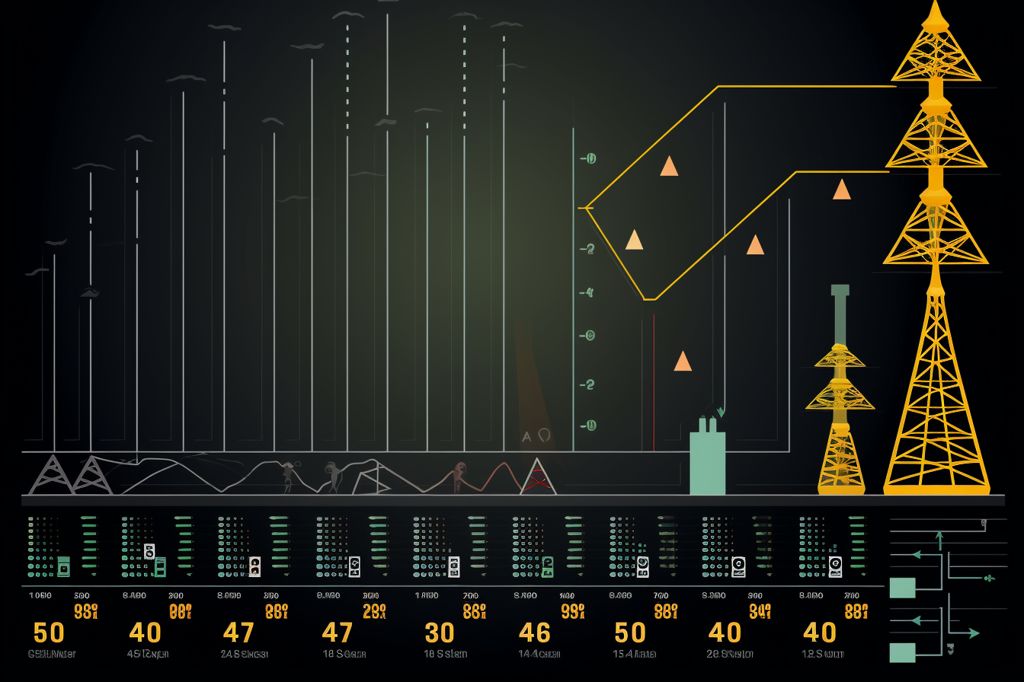Eskom, South Africa’s power utility, needs help in providing a stable and reliable power supply. With Stage 6 load shedding already implemented, experts predict the possibility of higher stages during the upcoming winter season. A new national standards document is being developed to guide load-shedding schedules up to Stage 16.
National Rationalised Specifications Association Finalizes Guidelines
The National Rationalised Specifications (NRS) Association of South Africa is finalizing the guidelines for load shedding beyond Stage 8. The NRS is a voluntary forum consisting of organizations that collaborate to develop industry specifications standardizing equipment across the South African Electricity Supply Industry. One of its primary responsibilities is developing and compiling the NRS 048-9 Code of Practice, which governs load shedding.
The Revised NRS 048-9 Outlines Load Shedding Stages
Eskom has confirmed that the revised NRS 048-9 outlines load-shedding stages up to Stage 8. It requires all network operators, including distributors and municipalities, to create, publish, and implement these schedules when instructed by the System Operator. The Eskom System Operator is responsible for maintaining the stability of South Africa’s power grid and determining the necessary level of load shedding to achieve this.
Systematic and Orderly Implementation of Load Shedding
When load shedding goes beyond Stage 8, the System Operator instructs each province to reduce electricity usage by a specified megawatt amount, divided between the utility’s distribution network owner and the municipal network owners in each area. However, there are no predefined schedules for rotating this additional reduction. The updated NRS 048-9 proposes load-shedding programs up to Stage 16 to ensure a systematic and orderly process.
Crucial for Managing Increasing Load Shedding Stages
The possibility of more extended and frequent load-shedding periods in South Africa is becoming increasingly likely. The NRS Association’s efforts to finalize guidelines for higher stages of load shedding reflect the ongoing challenges Eskom faces in ensuring a stable and reliable power supply for the country. Developing these guidelines is crucial for managing the increasing load-shedding stages, providing an organized and systematic approach to power distribution during periods of power shortages. This will ultimately benefit both the utility providers and South African citizens as they navigate the challenges presented by the country’s power supply situation.












